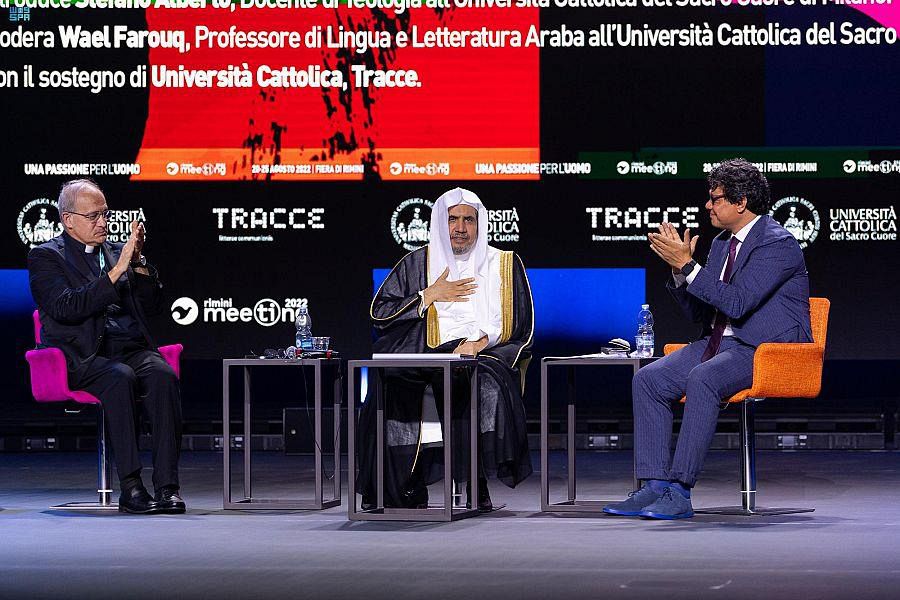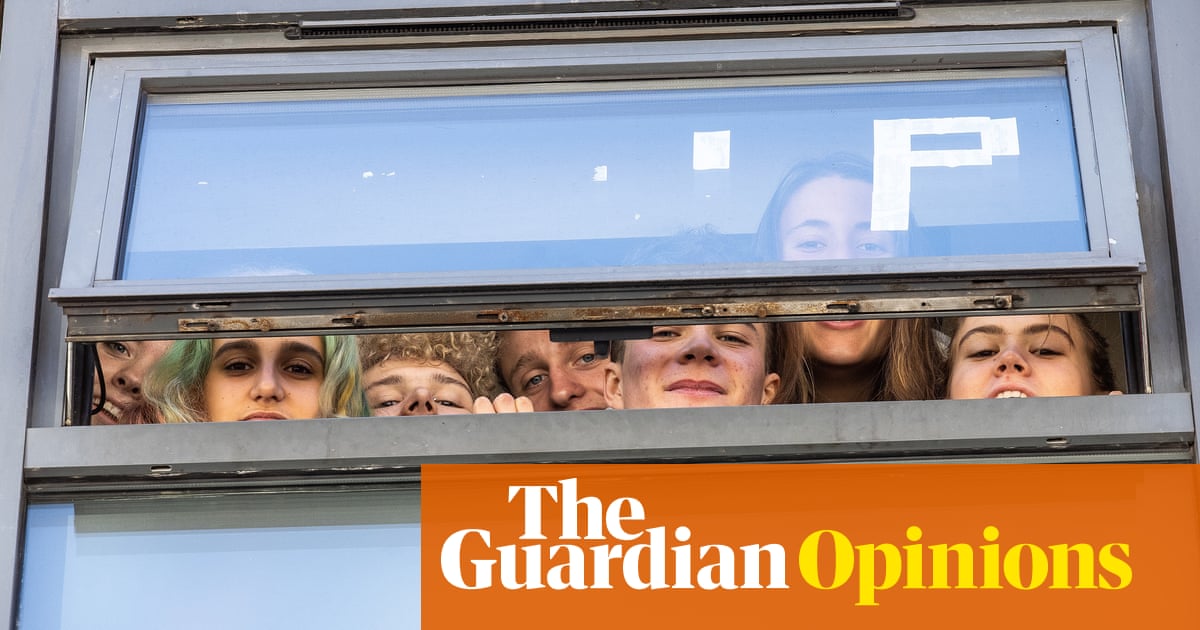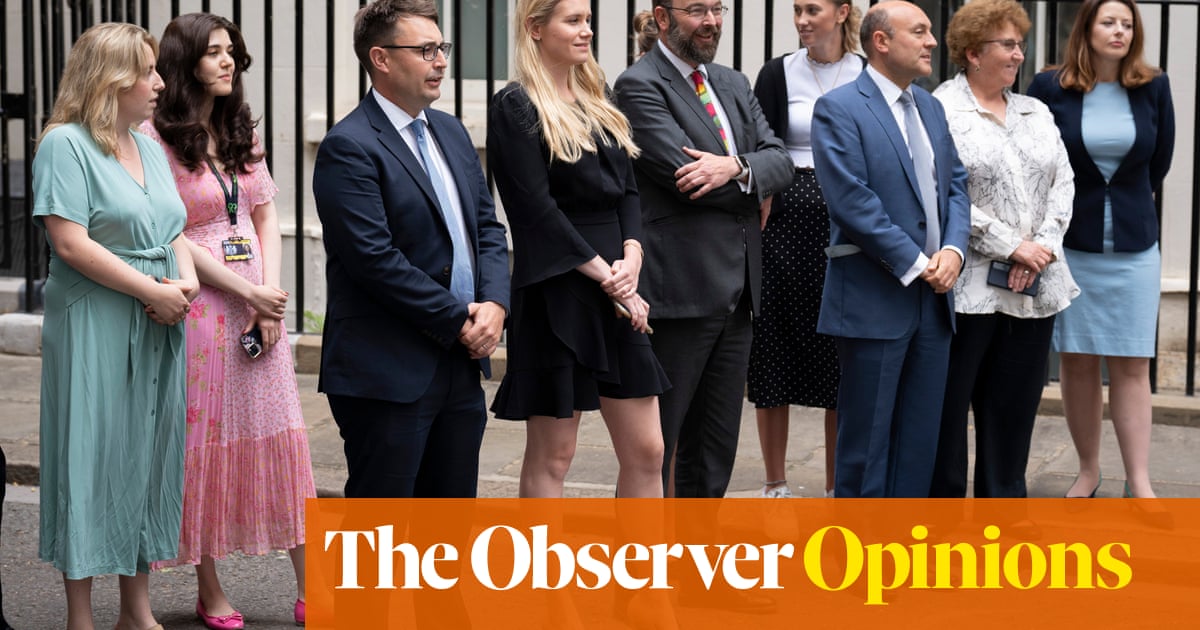
Russian President Vladimir Putin hates the sight of Russian coffins coming from Syria. He has sought since the beginning to avoid such images. He knows that coffins stir fears of deep involvement, even if Moscow has higher tolerance than Washington in this regard.
This is why he engineered the Russian military intervention in a way that would help avoid such scenes or remind his people of the Afghan war period. Russia intervened by air and did not send soldiers to the battleground. It dispatched aides to accompany the Syrian regime troops and deployed military police in safe areas.
We can say that the master of the Kremlin has succeeded. He realized early on that Barack Obama had no intention of ensnaring Russia in Syria and that his attention was focused on the nuclear deal with Iran. This is why he did not provide the Syrian opposition with anti-aircraft weapons and did not allow his allies to send such arms to Syria. This meant that Obama did not want to drown Moscow in a new Afghanistan.
The Russian strikes could not alone shift the balance of power in Syria in favor of the regime. Russia had to take into consideration the pro-Iran militias. This is how this triangle of Russia, Iran and its allies, and the regime emerged to change the balance and ISIS was their main target.
The Russian intervention helped change the rules of the game. The toppling of the regime was no longer part of the equation. In fact, the regime was expected to expand areas that it controls and recapture many it had retreated from.
The truth is that the Syrian opposition was dealt a fatal blow by ISIS and al-Qaeda before it was dealt a similar blow by Russia and its allies. The world could not tolerate the idea of Syria living under ISIS’ control. The regime itself could not coexist with such a Syria. This therefore paved the way for the counter-strike that allowed the regime to seize the reins and deal defeat after defeat against the opposition.
Russia moved on two fronts. First, it focused on enabling the regime to regain the initiative on the battlefield. Second, it broke up the opposition and regional and international front that supported it. In this context, one can understand some Russian ideas over the de-escalation zones and its simultaneous efforts to weaken the Geneva talks through the Sochi and Astana paths.
One has to credit Russia in this regard for taming Ankara’s stance and transforming it into a partner in the Astana talks. In return, Turkey received the right to discipline the Syrian Kurds in Afrin and break the Kurdish belt that was being formed along its border with Syria. It also received the right to set up military positions in Syria. Ankara will likely use this issue as a bargaining chip when serious negotiations over the withdrawal of foreign forces from Syria are launched.
Russia and Iran allied together in battle against the opposition and ISIS in an attempt to change the balance of power. This does not mean that they see eye-to-eye. Whereas Russia was focused on tilting the military balance in the regime’s favor, Iran was concerned with entrenching itself in Syria and bringing it into the “Iranian crescent”. It had shifted its attention to removing obstacles in the formation of a smooth land corridor that connects Iran to the Lebanese Mediterranean coast through Iraq and Syria.
Donald Trump’s arrival to the White House did not flip the game on its head, but he simply created some confusion. His administration does not have an agenda to defeat the coup Russia is leading on the ground. It only possesses the means to delay or obstruct it. The United States is not really that preoccupied with who rules Syria. It, along with Israel, is only looking at Syria because of the Iranian presence there.
In wake of the battle against ISIS and the West’s reluctance to pay the price of a wide military intervention in Syria, western and regional countries opted for accepting the “Russian Syria” if it prevents the establishment of an “Iranian Syria.” Israel has sought to obtain guarantees from Moscow that Iran and its allies would not come near Israeli positions in the occupied Syrian Golan Heights. Putin showed great interest in preserving the strong relationship with Israel and understanding what it considers as its security needs. He could not, however, provide the necessary guarantees.
Israel realized that Trump was leaning towards withdrawing from the Iran nuclear deal. It therefore, raised the roof of its demands from Russia and increased its raids against what it says are Iranian arms transfers to Lebanon’s “Hezbollah.” As tensions once again soared between Washington and Tehran, Israel moved on towards the phase of directly targeting Iranian military presence in Syria and killing Iranians. Benjamin Netanyahu’s government exploited a “limited” Iranian attack on the Golan to launch a wide strike against the Iranian military infrastructure in Syria.
For now, Putin has succeeded in preventing a wide-scale war from erupting. This success, however, remains vulnerable. He does not want to sever ties with Iran in Syria, which would not be easy if he wanted to. He also can not not go along with the Iran agenda and withstand its consequences. The game has become more complicated after the US withdrawal from the nuclear deal.
Perhaps this is why Putin focused during his latest talks with regime leader Bashar Assad on the need for a political solution in Syria. Assad showed a willingness to go along with his demands. However, the political solution according to Syria and Russia does not fall in line with the spirit of the Geneva peace path because the field developments have eliminated several of its elements, including talk of a transitional period.
Moscow, Damascus and Tehran have a complex network of relations. They have mutual needs, but lack united visions and goals. Whenever they near a solution, disputes become clearer. These complex ties exist during a time when American-Iranian tensions have grown more strained and when Israel announced that it wants to uproot Iranian military presence in Syria.
A small war is going on and Russia is becoming a simple witness to it. What will happen after the balance of power on the field in Syria has changed? What does Moscow want now and what can it do? How does the regime, which holds the Russian and Iranian wings, think? Is Iran using Syria as a trial area to test American will? Or has Syria turned into a trap that is depleting the Iranian role?
Putin does not like the image of coffins coming from Syria, but keeping Syria without a real solution means that more are sure to come. It is clear that waging a war against the opposition and ISIS is easier than making peace in Syria.












